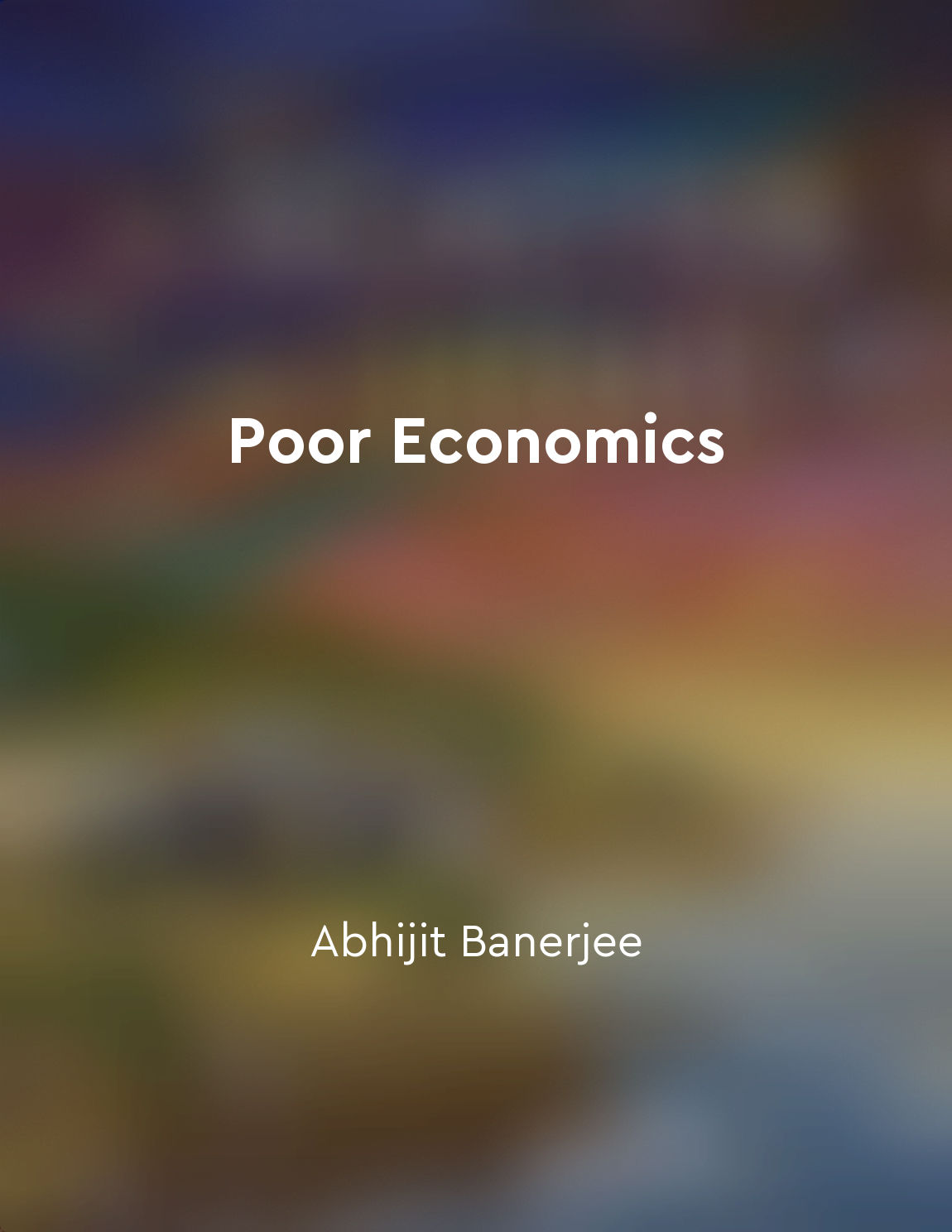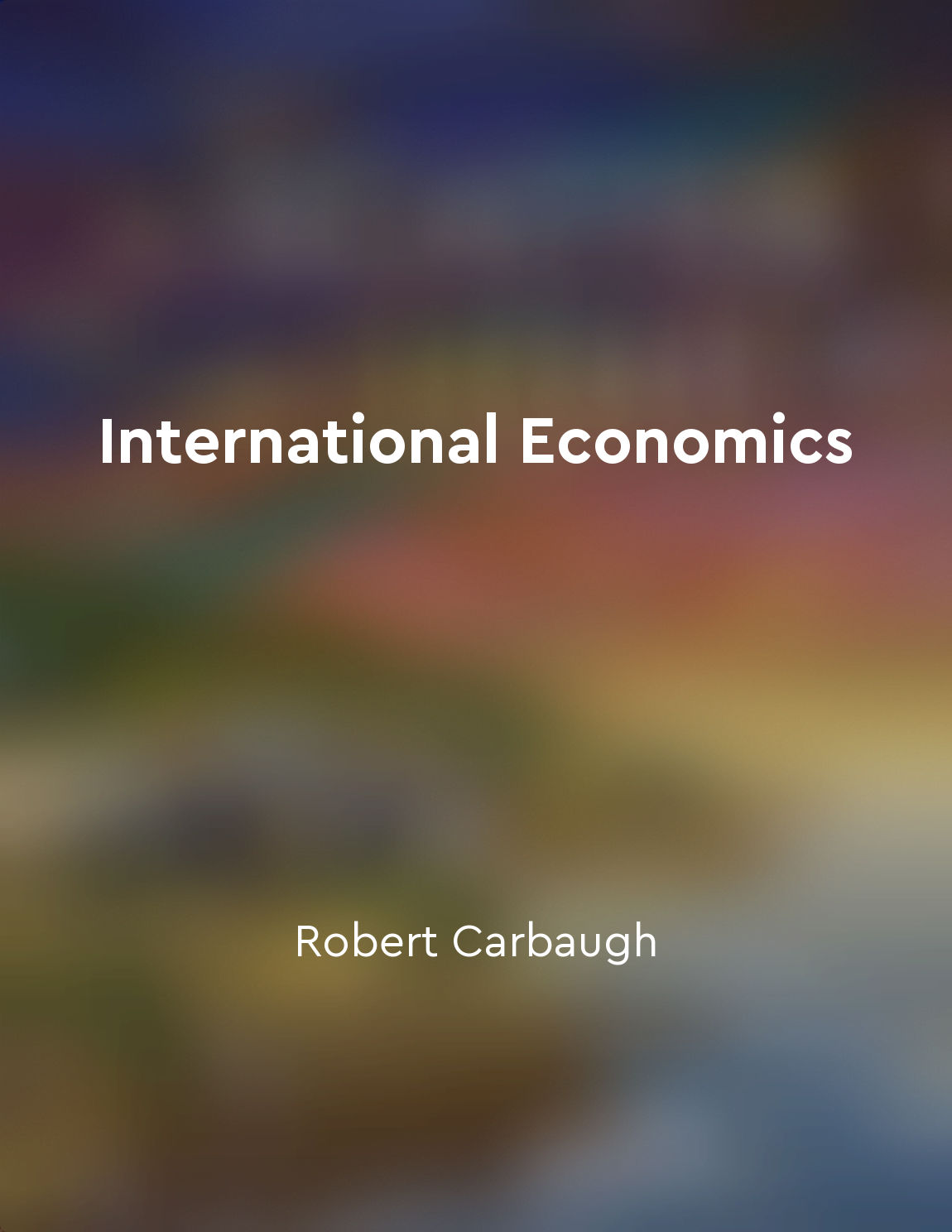Foreign aid should not come at the expense of independence from "summary" of Friends Not Masters by Mohammad Ayub Khan
Foreign aid is a vital resource for developing countries, but it should never be accepted at the cost of sacrificing independence. It is crucial for a nation to stand on its own feet and not become overly reliant on external assistance. While foreign aid can provide temporary relief and support, it should not become a crutch that hinders a country's ability to make decisions in its own best interest. When a nation becomes too dependent on foreign aid, it risks losing its autonomy and sovereignty. External assistance may come with strings attached, such as political conditions or economic policies that serve the interests of donor countries rather than the recipient nation. This can lead to a loss of control over important decisions that impact the country's future. Furthermore, relying too heavily on foreign aid can create a culture of dependency that stifles innovation and self-reliance. Instead of finding sustainable solutions to their problems, countries may become complacent and wait for outside help to solve their challenges. This can ultimately weaken the fabric of society and hinder long-term development. It is essential for nations to strike a balance between accepting foreign aid when needed and maintaining their independence. Governments should prioritize policies that promote self-sufficiency and economic growth, rather than becoming reliant on external assistance. This approach can help countries build a strong foundation for their future and ensure that they are not beholden to others for their success.- While foreign aid can be a valuable tool for development, it should never come at the expense of a nation's independence. It is crucial for countries to maintain their autonomy and sovereignty in order to make decisions that benefit their citizens and preserve their long-term prosperity. By prioritizing self-sufficiency and strategic partnerships, nations can harness the benefits of foreign aid without sacrificing their independence.
Similar Posts

Nutrition plays a crucial role in breaking the cycle of poverty
In poor households, nutrition is often sacrificed in order to save money. This leads to a vicious cycle where malnutrition affe...

Foreign exchange markets determine currency values
Foreign exchange markets are crucial in determining the value of currencies. These markets operate around the clock, allowing p...
Venezuela's extractive institutions led to economic collapse
Venezuela's extractive institutions, which concentrate power and wealth in the hands of a few elites, have been a driving force...
Iran coup leads to longterm consequences
In 1953, the United States orchestrated a coup in Iran that ousted the democratically elected Prime Minister, Mohammad Mossadeg...
Resistance to neoliberal policies
Resistance to neoliberal policies emerges as a natural response to the devastating consequences that these policies bring to so...
Hank Rearden
Hank Rearden is a man of immense strength and determination, a titan of industry who refuses to compromise his principles for t...

The G20 plays a key role in coordinating global economic policies
The G20, which is comprised of finance ministers and central bank governors from 19 countries and the European Union, is a sign...
Threats to global security and stability
Global security and stability are under constant threat in the world of 2030. The rise of non-state actors, such as terrorist o...
The nations have different attitudes towards technology and innovation
In the world of technology and innovation, the nations of North America stand out for their diverse approaches and attitudes to...
Education and human capital contribute to longterm growth
Education and human capital play a crucial role in fostering long-term economic growth. According to Lewis in his Theory of Eco...

